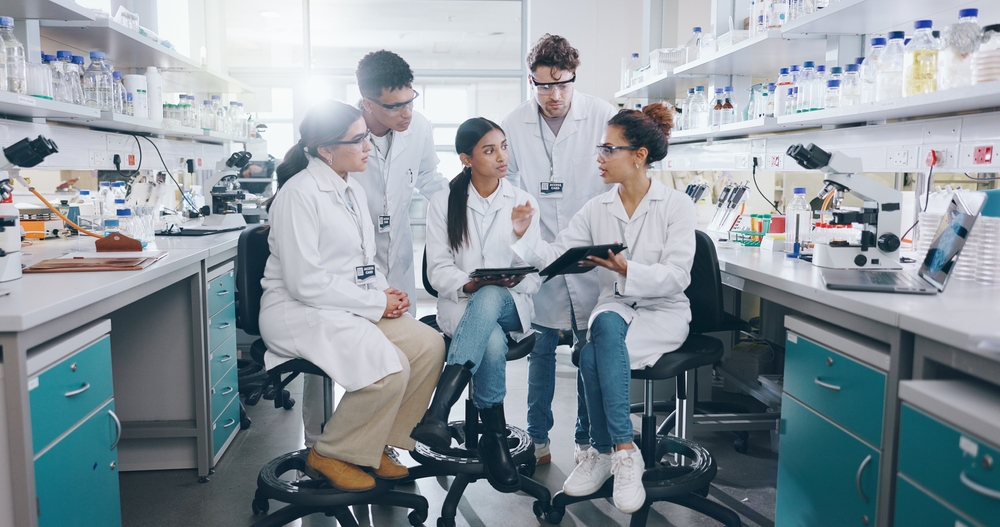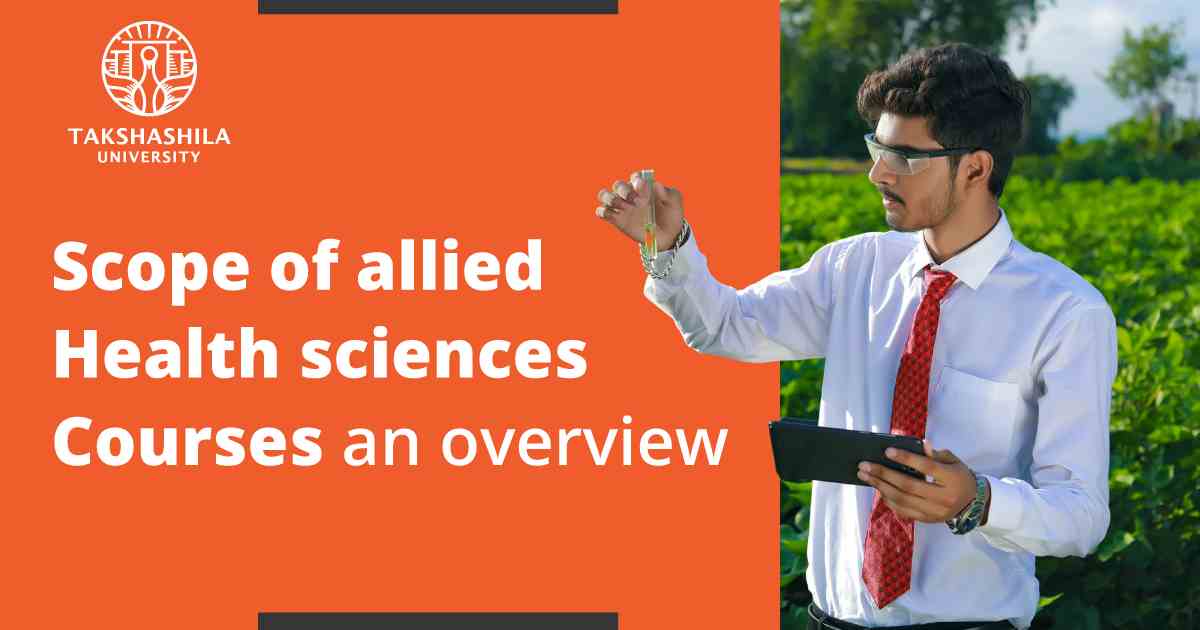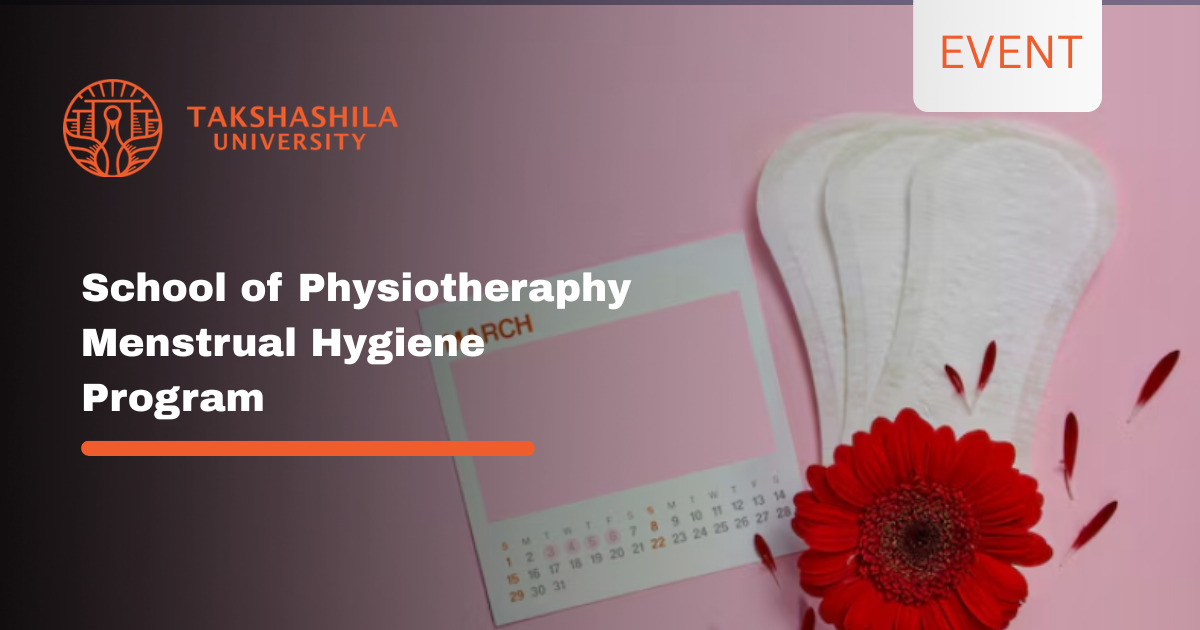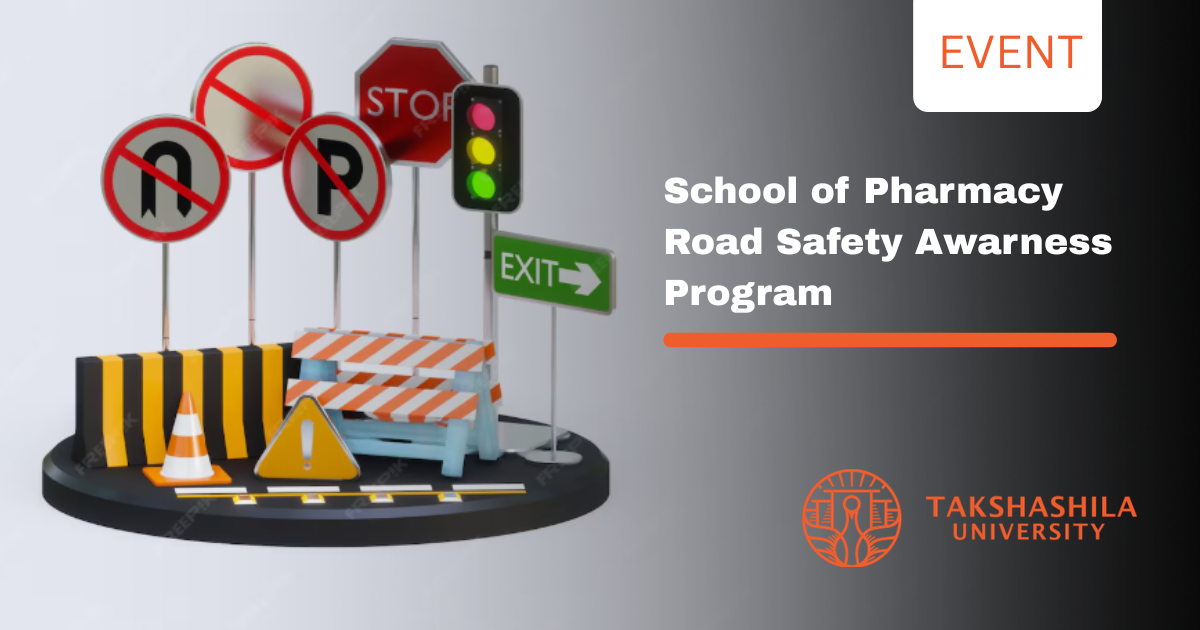With the healthcare sector booming globally, choosing the right allied health specialisation is key to building a meaningful and financially rewarding career.
This comprehensive blog will clarify the doubt on how to choose Allied Health Science specialisation, providing an extensive overview of popular branches, delving into expected salaries and future outlooks, and ultimately equiping you to make the best and most informed choice.
Allied health refers to a broad group of health professionals who use their expertise to facilitate patient care directly. They perform a wide range of diagnostic, technical and therapeutic roles to support physicians, nurses and other medical staff across the healthcare continuum, including prevention, diagnosis, treatment and rehabilitation.
Allied health professionals work closely with doctors, surgeons and nurses in hospitals, clinics, outpatient care centres, schools, community health programs, and other healthcare settings.
All You Need To Know About Allied Health Science In General
Duration
For most allied health careers, such as a BSc in Medical Laboratory Technology or a Bachelor’s in Physiotherapy, the duration is 3 years.
However, some roles may require completing a diploma or associate degree program.
Aspiring physician assistants must complete an intensive 2-year master’s degree following their bachelor’s degree. Many also pursue specialised master’s degrees or post-graduate certifications later in their career to advance their expertise.
Eligibility Criteria
Eligibility to enrol in allied health bachelor’s degree programs includes passing class 12th or an equivalent exam in any stream, including science, commerce or humanities.
However, those with a science background may find the medical coursework easier to grasp.
Depending on the specialisation, you must also get minimum passing marks in key subjects such as biology, chemistry, physics, mathematics, computer science, or related technical subjects.
Age limits range from 17 to 35 years for different programs.
Admissions
Admissions are based on one’s percentage in class 12th. It also depends on entrance examinations. Though NEET is not required for allied health sciences, some colleges for courses like B.Sc Nursing may consider NEET scores for intake. Many colleges conduct entrance exams of their own for admissions, too.
Course Structure
Allied health programs blend rigorous academic classroom learning with intensive lab training, clinical rotations and internships at hospitals, clinics and other facilities. Students develop specialised clinical skills and practical medical experience needed for their chosen careers.
Coursework covers topics like human anatomy, physiology, pathology, pharmacology, clinical examination procedures, equipment protocols, diagnosis methodologies, patient care principles, medical ethics and more tailored to each specialisation.
Specialisations
Some top specialisations in terms of job outlook, salary growth and career advancement prospects include:
- Medical Laboratory Technology
- Respiratory Therapy
- Audiology & Speech Language Therapy
- Optometry
- Physiotherapy
- Occupational Therapy
- Radiography & Medical Imaging
- Cardiology Technology
- Dental Hygiene & Dental Assistance
- Nutrition & Dietetics
Diverse Well-Paying Careers And Salary Insights
Allied programs open doors to diverse patient-centred medical careers beyond just doctors and nurses. According to India’s Ministry of Health, the country faces an estimated shortage of around 5 lakh allied health professionals, highlighting massive demand.
Healthcare sector jobs are expected to grow 16% through 2030- over 4 times the average growth rate for all occupations. India’s rapidly ageing population, rising chronic illnesses, expanding health insurance, health infrastructure and income levels are adding to demand.
Higher Studies Scope
Many allied health graduates pursue specialised master’s degrees or postgraduate diplomas later in their careers to advance their expertise.
Further study can facilitate career progression into advanced roles with higher salary packages and leadership positions.
Some popular options include a Master’s in
- Public Health,
- Health Administration,
- Advanced Nursing Practice,
- Clinical Research,
- Health Informatics,
- Speech & Language Disorders
Let’s Explore The Top Allied Health Specialisations

At Takshashila University, you can take up the following top allied health specialisation courses for a successful career.
1. B.Sc. Medical Lab Technology
Medical lab technicians and technologists play a crucial role in the diagnostic process. They meticulously collect, handle, analyse and interpret clinical specimens using sophisticated lab equipment. Their test analysis guides physicians in accurately diagnosing and designing optimal treatment regimens for patients.
Those keen to play a vital supportive function in patient care without assuming front-line clinical responsibilities find the technical precision of lab work highly appealing. The high reliance on advanced automation also creates a stable, in-demand career avenue.
Key Subjects Covered
- Biochemistry,
- Clinical Pathology,
- Hematology,
- Blood Banking,
- Cytology,
- Microbiology,
- Molecular Diagnostics,
- Genetics,
- Immunology,
- Lab Management
Career Prospects, Industry Demand and Growth
Medical lab technology roles are rapidly growing to keep pace with the booming diagnostic industry, rising health awareness and demand for accurate pathology testing.
Those completing a 4-year degree can find well-paying jobs across settings like hospitals, speciality clinics, blood banks, research labs, forensic labs, pharmaceutical companies, and independent testing laboratories.
With a master’s degree and sufficient experience, one can advance to managerial positions or transition into research, teaching or lab consulting roles. Specialisations like molecular biology, genetics, proteomics, immunology, and lab informatics are currently extremely lucrative.
Salary Insights
Starting salaries range from ₹2.4 to 5 lakhs per annum, rising to ₹8 lakhs with a master’s and over 5 years of work experience. Managers can expect ₹8 to 15 lakhs annually.
2. B.Sc. Cardiology Technology
Cardiology technologists operate specialised equipment like ECG machines, heart monitors and stress test systems to record and document cardiac diagnostics for physicians. They provide critical support in accurately diagnosing and treating heart diseases.
Those drawn to cardiology are often technologically oriented, keenly interested in heart health, and find meaning in indirectly saving lives by enabling precise diagnosis. It also offers abundant opportunities to learn and upskill on sophisticated diagnostic equipment.
Key Subjects Covered
- Anatomy & Physiology,
- Medical Electronics,
- Cardiac Catheterization,
- ECG Technology,
- Echocardiography,
- Cardiac Drug Therapy
- Equipment Protocols
Career Prospects, Industry Demand and Growth
Cardiology technologist roles in hospitals, multispecialty clinics, cardiac care centres and diagnostic labs are growing by over 25% annually. Heart diseases are rising at an alarming rate due to lifestyle changes, making cardiology technology services indispensable.
Master’s degree holders can advance into education, research, or leadership tracks, managing entire cardiac diagnostics departments in large hospitals. Specialisations like echocardiography allow for substantially higher packages.
Salary Insights
Entry-level cardiac techs can expect approximately ₹3 to 8 lakhs yearly. Senior technologists and department managers draw ₹8 to 15 lakhs based on credentials and experience.
3. B.Sc. Cardiac Perfusion Technology
Cardiac perfusionists operate specialised equipment called the cardiopulmonary bypass machine, which artificially maintains a patient’s circulation during complex cardiac procedures. They are a crucial yet behind-the-scenes member of any cardiac surgery team.
Those interested in cutting-edge medical technology applied during high-stakes life-saving procedures are well-suited to this role. One can directly enable countless cardiac surgeries with high accuracy and patient volumes.
Key Subjects Covered
- Cardiopulmonary Anatomy & Physiology
- Perfusion Equipment
- Safety Standards
- Sterilisation & Disinfection
- Blood Conservation Strategies
Career Prospects, Industry Demand and Growth
Only 70% of India’s perfusionist needs are currently met, highlighting massive demand. With rising heart diseases and surgeries, perfusion technology roles in large super-speciality and multi-speciality hospitals are rapidly rising at over 15% per year.
One can also specialise in specific procedures like organ transplant perfusion, pediatric perfusion or ECMO. With a master’s degree and experience, perfusionists can transition into education, equipment marketing, management and research profiles.
Salary Insights
Cardiac perfusionists earn ₹4 to 12 lakhs annually depending on credentials, experience and hospital reputation. Metropolitan cities offer over 30% higher remuneration compared to smaller cities.
4. B.Sc Optometry Technology
Optometrists are trained eye care specialists who examine vision, diagnose ocular issues, and prescribe corrective glasses or contact lenses. They also treat certain eye diseases and perform vision rehabilitation in cases of disability or low vision.
Those passionate about enhancing vision-related quality of life find optometry ideal. It calls for mechanical aptitude, spatial intelligence, precision, scientific curiosity and fondness for ophthalmic equipment. Offering independent practice opportunities in time, optometry facilitates work-life balance.
Key Subjects Covered
- Geometric & Visual Optics
- Ocular Anatomy & Physiology
- Binocular Vision
- Ocular Diseases
- Optometric Equipment
- Vision Therapy
- Contact Lenses
Career Prospects, Industry Demand and Growth
India needs over 50,000 more optometrists to address vision care gaps, highlighting exponential demand. Eye care needs are growing rapidly with increasing screen usage, diabetes, ageing, health awareness and insurance penetration.
Opportunities exist beyond hospitals and vision clinics with lenses, glasses and contact lens manufacturers. Specialisations like pediatric optometry, sports vision training, and rehabilitation are lucrative.
With sufficient entrepreneurial experience, one can also open their own eye clinic. With a PhD, optometrists also find roles in research, teaching and public health policy planning.
Salary Insights
Fresh optometry graduates can expect starting salaries of ₹3 to 6 lakhs per annum, rising to ₹6 to 12 lakhs over 5 to 10 years. Specialist optometrists and those running their own clinics earn even more.
5. B.Sc. Operation Theatre And Anaesthesia
Operation theatre technicians work right alongside surgeons during invasive procedures, handling surgical instruments and ensuring sterility protocols. Anaesthesia technicians support anesthesiologists in monitoring patients and operating life-support equipment during surgery.
Those drawn to high-stakes hospital environments will thrive in OT and anaesthesia technology roles that enable smooth, complication-free surgeries. Meticulousness, responsiveness and affinity for medical equipment are vital strengths.
Key Subjects Covered
- Human Anatomy
- Pharmacology
- Sterilization & Disinfection
- Surgical Instruments
- Anaesthetic Agents & Equipment
Career Prospects, Industry Demand and Growth
With rising surgeries, demand for qualified OT and anaesthesia technicians far outstrips supply. Lucrative opportunities exist across operation theatres in speciality hospitals, multi-speciality hospitals, ambulatory surgery centres and clinics.
Specialisations like neuro-anaesthesia, cardio-thoracic anaesthesia, and pediatric anaesthesia enable nurses to earn higher salaries. Senior technicians can rise to OT or anaesthesia department head positions, managing entire teams.
Salary Insights
Average starting salaries range from ₹2.5 to 6 lakhs per annum based on credentials and hospital reputation. With over 5 years of experience, remuneration levels can go up to ₹12 to 15 lakhs yearly.
6. B.Sc. Radiography And Imaging Technology
Radiographers produce images of the inside of a patient’s body using techniques like X-ray, CT, MRI, PET and Nuclear Medicine scans. These are interpreted by specialists to diagnose and treat injuries and diseases.
Those keen to work with imaging equipment and software find radiography appealing. It calls for mechanical aptitude, spatial reasoning, radiation science knowledge and the ability to reassure anxious patients.
Key Subjects Covered
- Radiation Physics
- Radiographic Positioning
- Anatomy & Physiology
- Imaging Informatics
- Computed & MRI Imaging
Career Prospects, Industry Demand and Growth
Rising demand for improved diagnostics and teleradiology services are key drivers creating abundant radiographer job opportunities across India in hospitals, speciality clinics and diagnostic imaging centres.
Specialisations like sonography, mammography, bone densitometry, PET scans, and cath labs allow one to earn substantially higher salaries in line with emerging technologies. Senior-level technologists can rise to education, consulting, sales, application specialist and management roles.
Salary Insights
On average, radiography technicians can expect a starting salary of ₹2.5 to 7 lakhs per annum, rising up to ₹10 to 18 lakhs over 6+ years of experience based on specialisation.
7. B.Sc. Physician Assistant
Physician assistants (PA) practice medicine under the supervision of licensed doctors across various specialities. They can conduct patient exams, order diagnostic tests, make diagnoses, prescribe medications and even assist in minor outpatient surgeries.
PAs appeal to those keen on highly involved direct patient care rather than just equipment-based supportive functions. Advanced medical training allows you to enjoy significant clinical autonomy, unlike most allied roles. However, practising under supervision also offers a work-life balance.
Key Subjects Covered
- Pathology
- Clinical Medicine
- Pharmacology
- Surgery
- Health Education & Research
Career Prospects, Industry Demand and Growth
PA roles are among the fastest growing in healthcare, with over 25% annual expansion- abundant jobs exist across public and private hospitals and speciality clinics.
Salary Insights
Average starting salaries for fresh postgraduate PAs range from ₹4 to 8 lakhs per annum, rising substantially to ₹12 to 24 lakhs over 6+ years. Allowances, bonuses & profit sharing further add to the earnings.
How to Choose The Best Allied Health Specialisation?
With diverse options, choosing an allied health sciences specialisation aligned with your innate strengths, interests, and professional values is key to building a meaningful career. Here are some tips from the faculties of Takshashila University:
Assess Your Aptitude & Skills
Analyse whether you lean towards technically oriented equipment-based roles like radiography, lab technology, and cardiology or patient-centric care like optometry, physiotherapy, or physician assistance based on your innate abilities.
Also, reflect on your dexterity, mobility, physical stamina, technological competence, scientific curiosity, troubleshooting skills and other aptitudes to align with day-to-day allied health responsibilities.
Evaluate Work Settings & Lifestyle
Consider whether hospital-based careers with rotational shift work appeal more or if you prefer regular hours in a private practice, clinic or office setting. Patient interaction intensity, paced vs. urgent environments, routine vs specialised work and other lifestyle aspects differ across allied branches.
Research Expected Compensation
Compare starting and senior-level salary ranges across specialisations to identify financially viable and lucrative options. Also, factor in the cost of education, job growth metrics and ease of finding jobs. Seek breadth vs depth, i.e. general nursing vs specialised perfusion technology, based on earnings priorities.
Assess Growth Trajectories
Analyse the career advancement possibilities over 5+ years of experience. Does the field enable specialisation and leadership growth into management, education or research? The ability to rise up the ranks also impacts long-term earnings.
Gain Exposure
Before deciding on an allied health specialisation, it is better to understand day-to-day responsibilities before committing to a degree program. Speaking to students and faculty will also provide clarity.
Conclusion
We hope your doubt has been cleared- How to choose Allied Health Science specilaisation! While every allied health specialisation has its own appeal, finding the one that closely resonates with your skills and professional values is key to building a rewarding career.
Some offer technical roles, some direct care, while others strike a balance. Evaluate options based on work settings, growth prospects and salary considerations before deciding.
With India facing a shortage of over 75% of allied health workers, rest assured that regardless of the path you choose, the future continues to look bright for committed allied health professionals!
Frequently Asked Questions (FAQs) – How to Choose Allied Health Science Specialization Choose the Best
1). Which field is best in allied health science?
Some of the best fields in allied health sciences are medical laboratory technology, radiography, physiotherapy, occupational therapy, etc., due to high demand, job growth, and salary prospects.
2). What is the scope of allied health sciences?
The scope of allied health sciences is huge as it covers a wide range of in-demand jobs in various healthcare settings. There is a major shortage of allied health professionals in India, providing ample career opportunities.
3). Is allied health sciences a good career?
Yes, allied health sciences is a good career choice as it offers a stable job with growth avenues. Allied health professionals experience job satisfaction working closely with patients and doctors to support healthcare delivery.
4). Are allied health science courses equivalent to MBBS?
No, allied health science courses are different from MBBS and focus more on specialised technical or patient care roles. However, both are important for holistic healthcare.
5). Is NEET required for Allied Health Science courses?
NEET is not required for admission to most allied health science courses. Eligibility and admissions are usually based on class 12th scores or entrance exams conducted by the university/college.






